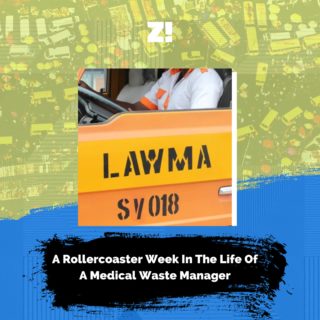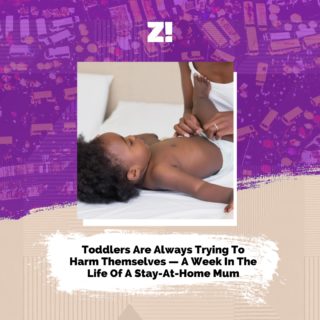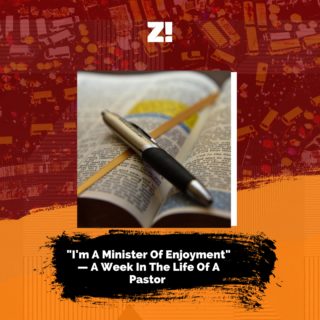What does it mean to be a man? Surely, it’s not one thing. It’s a series of little moments that add up.
“Man Like” is a weekly Zikoko series documenting these moments to see how it adds up. It’s a series for men by men, talking about men’s issues. We try to understand what it means to “be a man” from the perspective of the subject of the week.
The subject of today’s “Man Like” is Olanrewaju, the head of TC Insights — a research group that gathers data on startups in Africa, and uses the data to provide insights for stakeholders. He talks to us about the sacrifices of fatherhood, the influence of his parents in his life’s journey and what men should know before getting married.

When did you get your “Man Now” moment?
I’d say that there hasn’t been one single moment. I feel that because I’m constantly evolving, it has been several moments. The first time I discovered I was “a man” was when I hit puberty and discovered changes in my body. In my head, I was like, “I’m becoming a man with my physical features.”
Another incident was going to boarding school in another state and having to fend for myself against hungry seniors. That was a lonely experience that also made me sit up.
Marriage has been the biggest level up for me because I’ve had to learn new things about myself and my partner, and make sound decisions. After trying to balance marriage, fatherhood hit me. I’ve mostly just been discovering different “man now” moments as I progress from one level to another.
Tell me about your fatherhood experience.
Ah. Bro. Lmaoooo.
Fatherhood is a huge responsibility. You can try to prepare yourself by learning and reading from other people, but nothing prepares you for the actual job. From the change in your schedule — blocking out your schedule so that you can spend meaningful time raising a child — to combining work and family, to even being responsible for someone.
Fatherhood adds a layer of complexity to your life and exposes new things about you. Even though it’s a mixed bag of experiences, nothing replaces the joy of watching your kids grow.
What have been the challenging parts of fatherhood?
On one hand, there’s the physical stress of waking up at night to take care of a baby. Then there’s the psychological part where I’m hyper-aware that I’m now responsible for another human being and I have to do right by them. I’m constantly asking myself, “Am I setting the right example for my boys?” “Have I sent my kids to the best schools ?” It’s a whole different type of performance pressure.
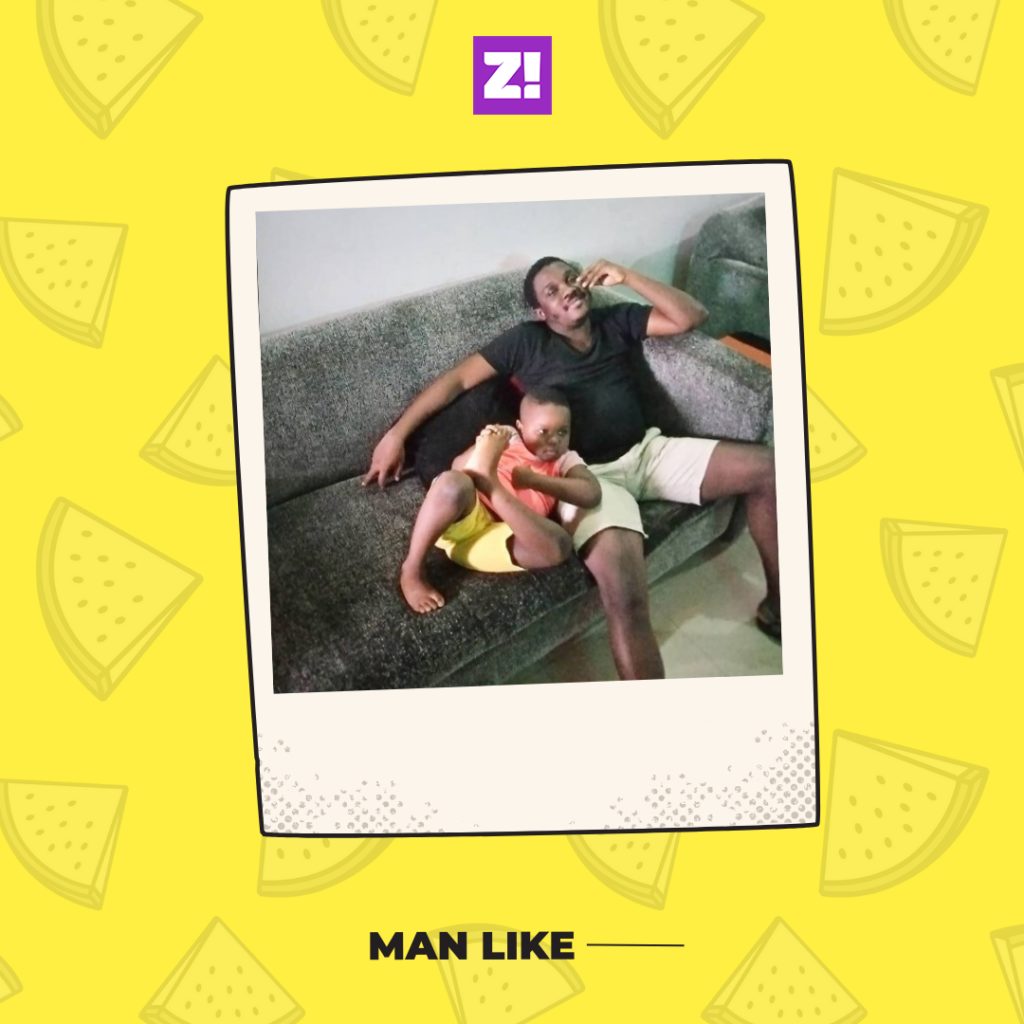
Growing up, we’d say that our parents put a lot of pressure on us to perform, but the reality is that parents are also under pressure. Even if kids don’t say, there are certain expectations that are placed on you to make them happy.
Have you ever had to trade personal fulfilment for the sake of fatherhood?
I’ve worked two to three jobs at the same time before just because I couldn’t shake off the internal pressure to do right by my family. I was so worried that I took on a full-time job alongside side gigs that required the effort of full-time jobs. It didn’t end well because I eventually had a breakdown.
I’m sorry.
It’s fine.
What are the joys of fatherhood?
It’s everything from watching your child cry to taking their first step. It’s also hearing my two-year-old son tell me: “Daddy do you know I love you?” followed closely by a warm hug. Other times, it’s me melting when my older son says, “Mummy and daddy are the best.” One of the most priceless things in life is watching your kids come from nowhere and grow to become an integral part of your life.
So cute. I seek refuge against the spirit of baby fever.
Hehe.
Does anything scare you though?
I recently lost my mum, so I find myself thinking more about the reality of death. The concept of here today and gone tomorrow is a lot to take in. No matter how much we accept that death is a constant factor in life, we’re never truly prepared for loss. The finality of death is scary, but my faith in Jesus keeps me going.
Asides from the finality of death, I can’t think of anything that really scares me. This is because my approach is to constantly try to solve a problem, no matter how daunting. After all, I’ve been through the worst mentally, and I’ve come out more emotionally mature.
Tell me about the worst mental experience.
During that period where I was working three jobs, things went south. I broke down and suffered from a bout of depression coupled with suicidal thoughts. It was one of the most difficult points in my life — I had to go see a doctor for help, I was out of a proper job for almost a year, and I was just going through the motions.
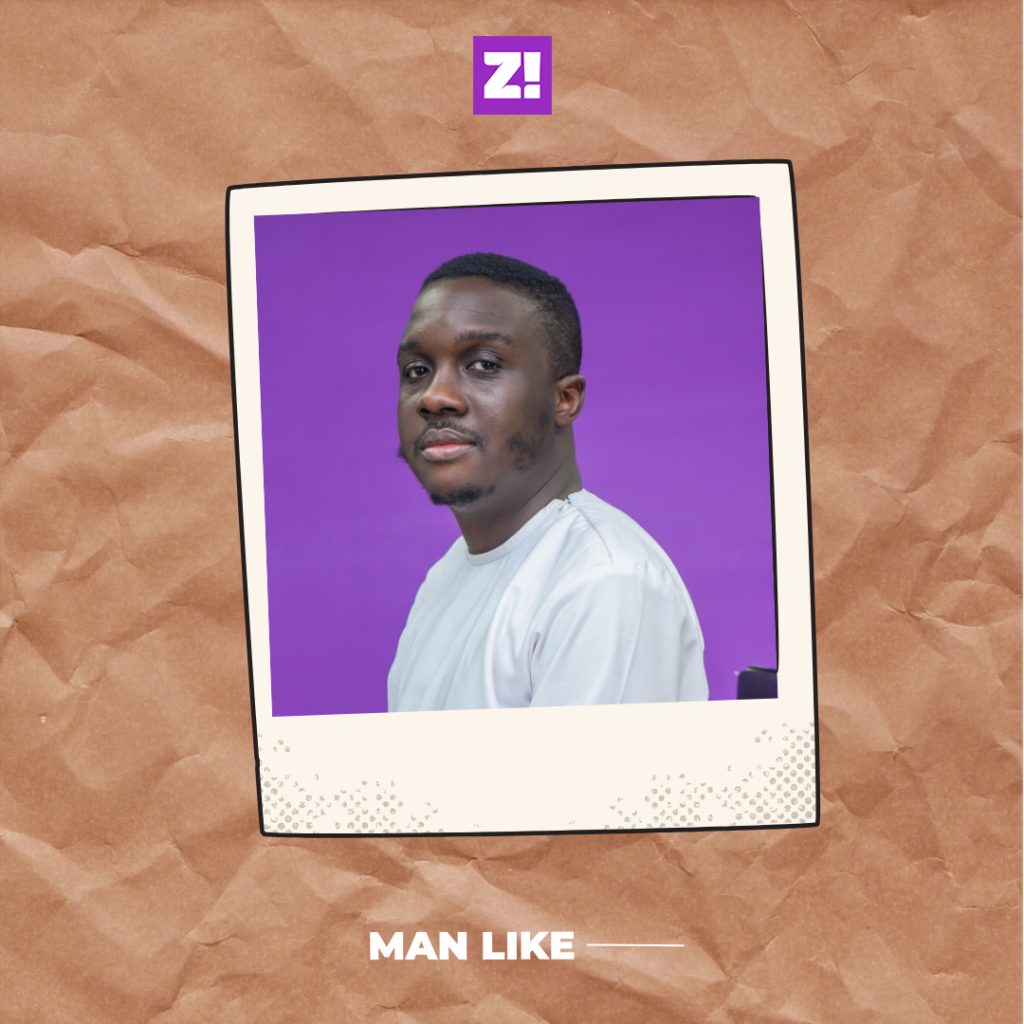
Sometimes I look back and there’s a tinge of regret, but I’m just glad the worst is over. I’m in a better place now with my career, and I have a better grasp of things.
What are some things that have changed in your approach to work between now and then?
I’ve come a long way from crying at a job to being more centred in my current role. One thing I learnt from my breakdown is that energy management is greater than time management. I’ve learned to manage my bandwidth for projects because spreading myself too thin would make me unhappy, stressed out and unfulfilled at jobs.
I’m jotting things. Tell me about your current job.
I work at TC Insights where we do deep research and analyse various sectors. A lot of my job involves coming up with fifty-page briefs on particular topics. The best part is that because I now utilise energy and bandwidth management, I can work hard and still go home to have a good night rest. You could say I’m living the best of both worlds.
Love it. Where do you find joy these days?
It’s not one thing. Today I might find satisfaction from a project I’m working on. Tomorrow it might be from watching CNN pundits analyse American politics. Some other day I’d find satisfaction in watching Bridgerton on Netflix with my wife. About three weeks ago, I found a lot of joy in teaching and watching my son trace number 2. Seeing him go from zero to hundred was so satisfying to observe.
I repeat: I refuse to fall for this baby fever agenda.
LMAO.
You’ve spoken a lot about work and family, is there a place for friendship in your life?
I don’t keep a lot of friends because between working and raising a family, I’m constantly struggling to maintain friendships. For the few people I’m friends with, I try to show up whenever they need me.
Hmm. Who do you go to for advice?
Because of the way my life is set up, I don’t have a single person. What I have are a series of people depending on the topic I need advice on. For marriage, I sometimes talk to my closest friend and we discuss openly all the nuances of marriage. For work stuff, I approach people who have been through similar challenges for advice. When I need an older perspective, I talk to my dad.
Interesting. Who are your role models for what it means to be a man?
I’d say, my parents.
From my dad, I learned to take responsibility for my life and family. He taught me to wake up every day and show up for the people who matter to me. He also showed me how to use tools like emotional intelligence and diplomacy.
My mum taught me the value of hard work and the importance of family. Outside of these two people, I’ve had different people influence me in little ways, but there’s no single person that has influenced the entirety of my experience.
Love it. What advice would you give young men considering marriage?
I’d encourage them to run their race at their own pace and not give in to the pressure to tick some societal boxes. Marriage is a lifetime decision and it has to be treated as such. It’s important to ensure that your partner is someone you gel with in every area of life [Shout out to my wife, Princess].
Men should also break out of the stereotypical definition of being a married man. Marriage is a partnership. I think that if all these are followed, then peace will follow in the marriage.
Amen.
Check back every Sunday by 12 pm for new stories in the “Man Like” series. If you’d like to be featured or you know anyone that would be perfect for this, kindly send an email.
COMPONENT NOT FOUND: donation
